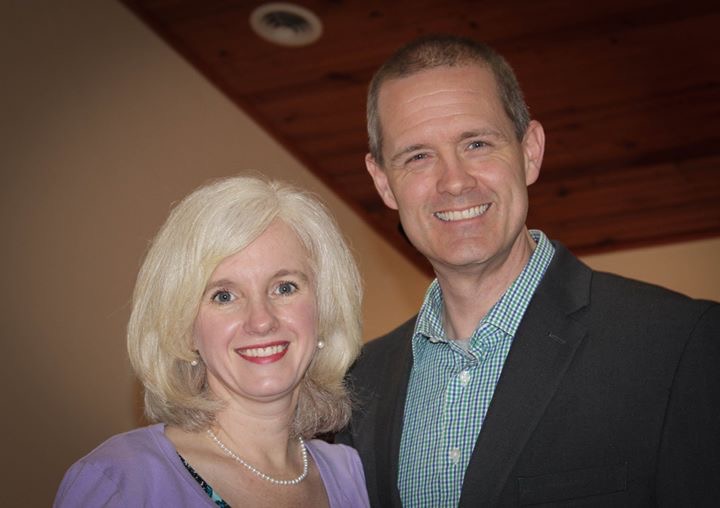There is a danger of making a particular verse, or part of a verse, your flagship (aka, your purpose statement). When you pull out just a small snip-it of scripture and build all you think, believe or do around that one piece you can easily loose sight of what that scripture means as a whole. Making a verse our flagship inadvertently fosters leaving out pieces of what that verse means. Instead we wind up treating that verse like the meaning we assign to it is the whole truth of what the verse means. The overarching mistake in this is we fail to understand the verse in light of context and other biblical passages.
All of the Bible is true. But not one part of the word stands alone apart from the rest. The word of God is given to us as a whole, as a unit. Within that unit there are subsections that are individual books, then chapters, then verses. (note: your favorite verse is in a book and chapter in the bible. Therefore, as good as that verse is, it does not stand alone apart from the Bible or the book or the chapter, or the paragraph or even (if applicable) the verse it is in.) Each verse has a context. Have you studied and considered the context that your favorite verse is in?
The dangers of making your verse your flagship:
- You miss the actual meaning of the verse.
- It usually doesn’t start that way, but it often ends that way.
- Example: John 3:16
- The point of John 3:16 is Gods love and our surrender.
- But many have grabbed this verse and tried to force it into a box that says, ‘my will be done’ on the side rather than God’s will.
- We hear it all the time, ‘whosoever will.’ As though the only question in the issue of Salvation is the will of the person. But that is not true.
- In John 3:16 we see this: “For God so loved (Gods heart) the world (the object of His affection) that He gave (His action) His only begotten Son (What God gave for the object of His affection) that whosoever believes (the description of those who are the recipients of the gift) in Him (The Gift) shall not perish, (Our deliverance from eternal suffering by God’s grace) but have eternal life. (our salvation given to us by God.)
- See how much is in John 3:16? The vast majority of it is actually about God. The only part that is about us is an implied part of our surrender to this Great God and His gift of Grace.
- So when we start saying ‘whosoever will’ as a rallying cry, we focus all our energy and understanding about this verse on one part of the verse that is actually far outweighed by other points in the verse when we look at just how much Jesus was saying.
- You run the risk of misleading new believers.
- New believers don’t know. Many of our churches are unaware of this. They think that everybody went to VBS as a kid and knows the basics. Not true. We live in an age where more and more are completely unfamiliar with the church. All they know of you is what their atheist neighbor told them and what the news said about a church in another state. (Yes, it is a shock to some of them to learn you are not like a certain protesting church in Kansas.)
- So when we teach people scripture, we have to teach the actual, contextual meaning of the passage or verse. It is the primary way people receive biblical education.
- Our flagship verses are often mishandled, misrepresented, and therefore misunderstood.
- Our goal is to not proliferate those wrong teachings (ok, you didn’t like me saying ‘wrong teaching,’ how about incomplete?) incomplete teaching among those who do not know the scriptures to begin with.
- You force your teachers and leaders to handle your flagship verse in ways they otherwise might not.
- Depending on the teacher, you might remove this verse from the pastors arsenal of verses because of the misconceptions tied to it.
- Verses that are treated as a flagship are often used in one side of a debate. Hence they are divisive.
- This forces your teacher to make choices that are not usually the best use of his time or yours.
- Example 1: A pastor may abandon the use of this verse. – Not wanting to be seen as taking sides in a disagreement between two groups of people, both of whom he must pastor.
- Example 2: He may have to devote extra time to explain your flagship verse and the questions it is intended to answer biblically. This is no doubt a needed effort, but still better if the misconception had never been introduced to the church in the first place.
Flagship verses are usually intended to convey a point. But they are often pulled out of context so badly that the original meaning of the text is lost. You wind up using the verse to make your point and convey your view, but Christ’s view has been (usually unintentionally) discarded.
So when you study the Bible, when you memorize scripture, when you share verses with others, be sure you have understood the context and shared it along with the context that is found in the Bible.
Context matters. Learn what your Bible really says.
